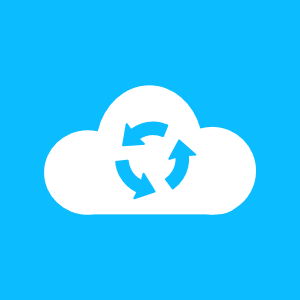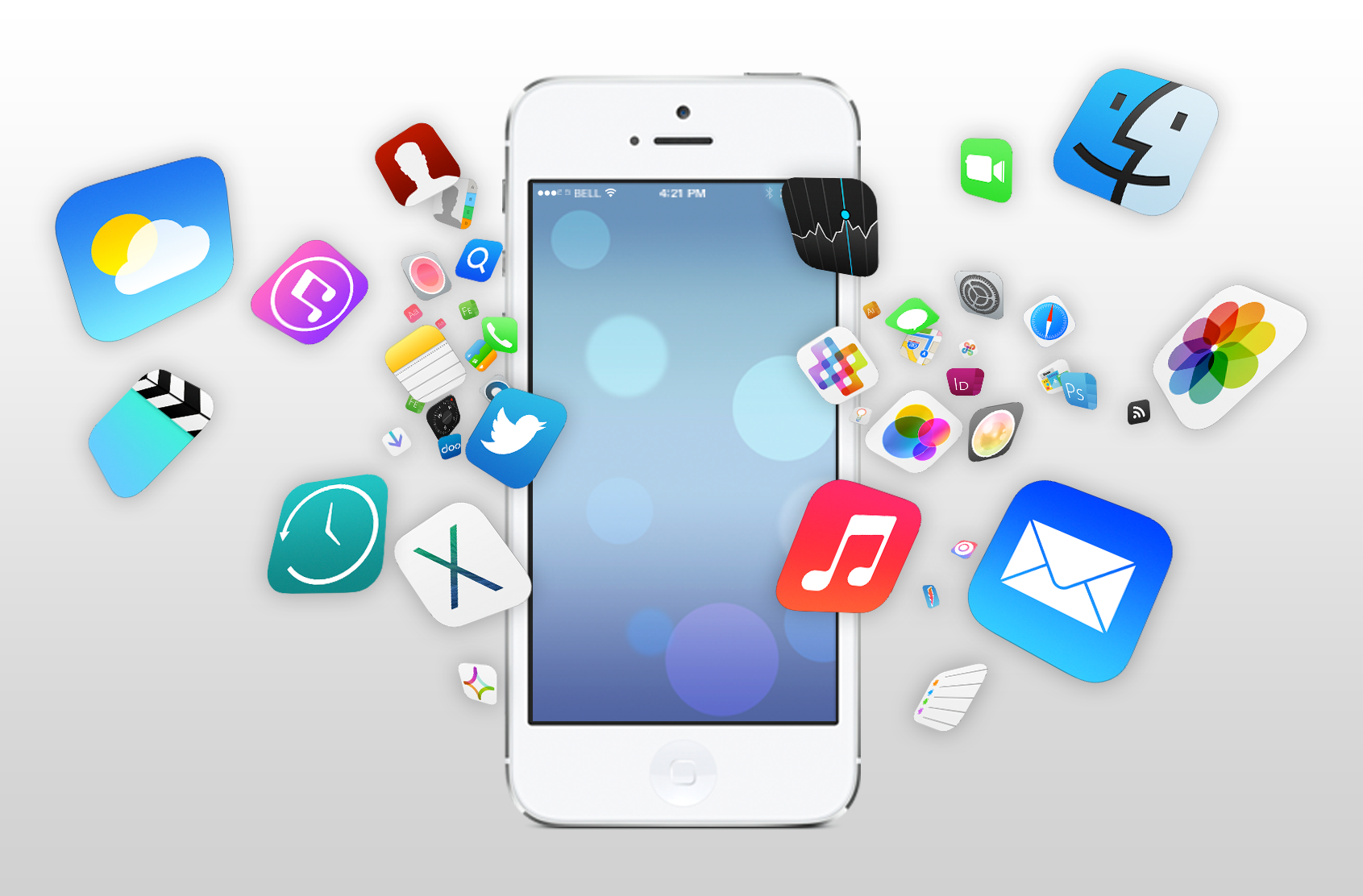
Mobile app development is progressively becoming one of the largest and quickest revenue generators for small and start-up technology companies globally. A new report pegs the mobile app revenue growth at $25 billion by 2015 (up from approximately $6.8 billion in 2010). According to AppAnnie, the worldwide downloads were up 15 percent year-over-year, from 77 billion downloads in 2015 to 90 billion downloads last year. With the soaring popularity of the mobile app market, legal protection becomes of paramount importance for your app.
Copyrights and Other Matters
Today, there’s a spate of lawsuits and consumer complaints in the market. So, legal protection and compliance are becoming important issues for mobile application development companies. The laws governing apps vary widely and are dependent upon the consumer base, nature of content, and the business model utilized for developing the apps.
Intellectual Property Right (IPR)
The IPR in the app software is a copyright that protects its authors the moment they write the code for the app. As a business owner, it’s important to ensure all IP that your business generates is owned by your company, and not the people generating it. If the programming was done by the owners themselves, there is no issue with the IPR. However, if the ownership has been outsourced to a vendor, created through a joint effort, or derived from an open source software (OSS), then such copyright of the app might be complicated. Where all or part of the development of the app has been outsourced, the vendor agreement should stipulate clearly that the party financing the app development has acquired all IPRs to the software.
It is important to make sure any agreement you enter with an outsourced worker contains an “IP Assignment” provision that clearly specifies that you own whatever work that is created. When these written in paper, it’s a lot harder to fight about ownership down the road when your app tops the charts and the revenue starts pouring in.
Further steps that you can take to protect your intellectual property include:
- Trademarks – For protection of intangibles like your brand or logo
- Copyrights – This applies to any written or artistic works, including the source code, content, and designs
- Patents – This protects processes and inventions that are novel
The 3 forms of IP protection are important for different reasons, depending on the nature of your apps and your business goals. As it can get tricky, it is wise to consult a lawyer before getting too deep into any of these legal areas.
It is also important to bind the vendor with a non-disclosure agreement (NDA) to ensure strict confidentiality while your app is being developed. This is to safeguard your idea for the app from being sold to another party.
Where an app is developed through a partnership, each party owns the IPR only over the part of the app developed by it, in the absence of an agreement.
Take the appropriate precautions and register for IPR in your app development today and consult a lawyer if you need further assistance.





